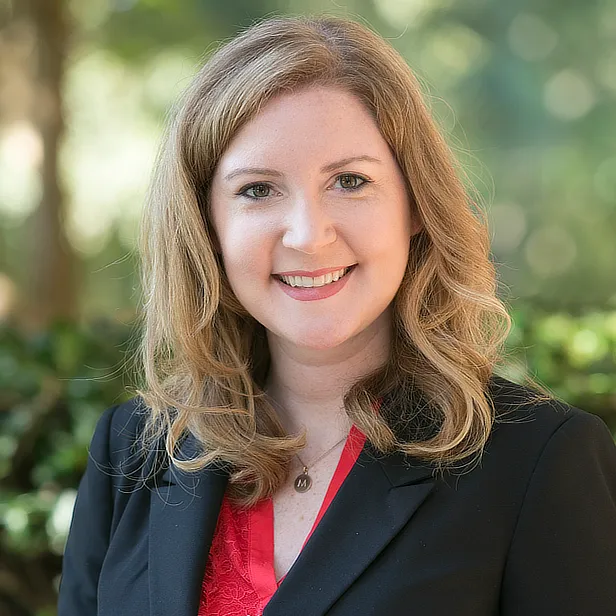Admission Timeline
Samford Online offers six opportunities for graduate admission throughout the annual application cycle.
Fall Term A - 2025
- August 1st - Recommended submission date for all application materials
- August 15th - Admission notifications begin
- August 25th - Classes begin for Fall Term A
Fall Term B - 2025
- September 15th - Recommended submission date for all application materials
- October 1st - Admission notifications begin
- October 20th - Classes begin for Fall Term B
Spring Term A – 2026
- December 1st – Recommended submission date for all application materials
- December 15th – Admission notifications begin
- January 12th – Classes begin for Spring Term A
Spring Term B – 2026
- February 1st – Recommended submission date for all application materials
- February 15th – Admission notifications begin
- March 9th – Classes begin for Spring Term B
Summer Terms I & III – 2026
- May 1st – Recommended submission date for all application materials
- May 15th – Admission notifications begin
- June 1st – Classes begin for Summer Terms I & III
Summer Term II – 2026
- June 1st – Recommended submission date for all application materials
- June 15th – Admission notifications begin
- July 9th – Classes begin for Summer Term II
Graduate Admission Requirements
All students applying to graduate Samford Online programs are required to provide the following to accompany their completed application form.
Application Fee
Pay a non-refundable $35 application fee. The fee is payable by credit card and is waived for Samford alumni, students, and employees.
Academic Transcripts
Official transcripts from all colleges where you attended are required. Official transcripts can be obtained by contacting the respective institution and are only considered official when they bear the issuing institution’s seal and arrive with the seal intact. Have official electronic transcripts emailed to edgradadmit@samford.edu or sent by postal mail to:
Samford Admissions
800 Lakeshore Drive
Birmingham, AL 35229
Disposition Form
Your current supervisor must complete a disposition form and may not be the same person who completes a letter of recommendation. Requests to supervisors will be generated from the application form.
Letter of Recommendation
Request one letter of recommendation from a non-family member who is preferably a supervisor, employer, mentor, co-worker, or spiritual leader. Requests to recommenders will be generated from the application form.
Transfer Credit
Students transferring from other institutions must arrange to have official transcripts from each college/university attended sent directly to Samford University. Have official transcripts emailed to edagradadmit@samford.edu .
Three hours of transfer equivalent credits may be accepted from another institution which is fully accredited by one of the six regional accrediting agencies below. Three additional hours may be considered by petitioning the Dean of the School of Education. After an application is received, transfer credits will be evaluated by the department chair and the Dean of the School of Education for applicability towards the Samford program. Transfer credits more than six years old will not be accepted.
- Higher Learning Commission (HLC)
- Middle States Commission on Higher Education (MSCHE)
- New England Commission of Higher Education (NECHE)
- Northwest Commission on Colleges and Universities (NWCCU)
- Southern Association of Colleges and Schools, Commission on Colleges (SACSCOC)
- Western Association of Schools and Colleges; Senior College and University Commission (WSCUC), Accrediting Commission for Community and Junior Colleges (ACCJC)

Frequently Asked Questions
Yes, there are prerequisites for Organizational Leadership master’s programs. Students must:
- Complete the application and payment of the application fee.
- Have a receipt of one official transcript from all institutions attended.
- Have one letter of recommendation from an individual who has knowledge of the applicant's academic potential as a researcher and scholar.
















